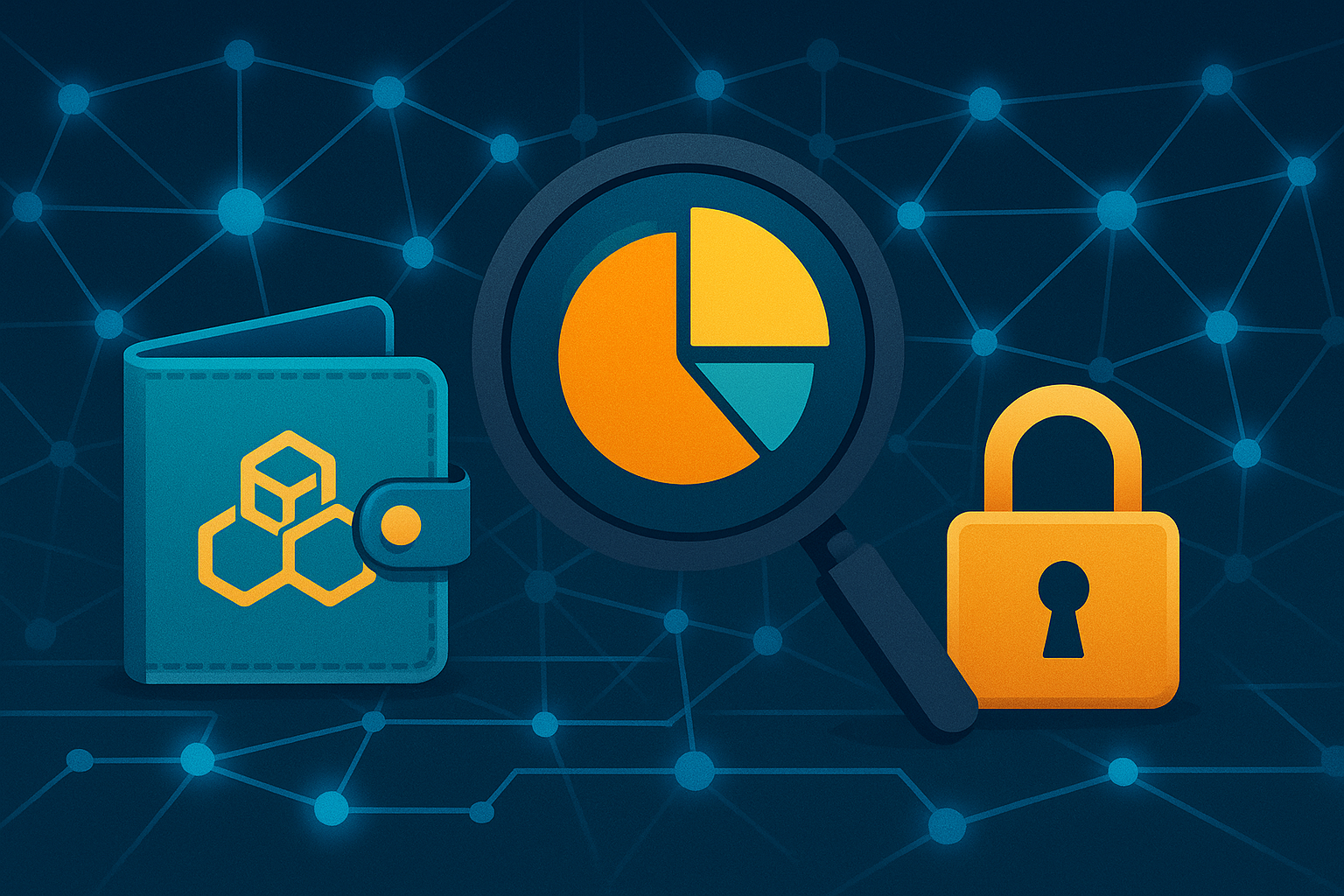As crypto adoption grows, so does criminal activity targeting digital assets. From online scams to sophisticated laundering tactics, criminals are learning to exploit the system’s anonymity. This blog explores key threats, recovery challenges, and how to better protect your assets in today’s evolving crypto landscape.
1. The Growing Crypto Crime Landscape
The rise in cryptocurrency-related crimes highlights the need for swift action and collaboration.
- In 2023, nearly 70,000 cryptocurrency-related complaints were reported to the FBI IC3, and unreported cases are likely far higher.
- Over 40% of crimes reported in England and Wales were frauds, with many involving crypto assets due to blockchain’s pseudonymity and lack of intermediaries.
- Losses from hacking are expected to double by mid-2024 (the reported data is retrospective, as reporting and investigating hacks often take several months or even years), underlining the urgent need for better prevention and recovery measures.
2. Tactics Used by Scammers
Two prominent schemes that illustrate how criminals operate include:
- The Romance Scam (commonly referred to as “Pig Butchering”): Scammers build trust with victims through social media or dating apps, encouraging fake high-yield investments. They often use AI-generated identities and impersonate multiple roles during live calls.
- Asset Laundering with Stablecoins: Scammers dissipate stolen assets across hundreds of wallets using stablecoins, making it harder to trace funds and identify victims.
3. Challenges in Asset Recovery
Despite blockchain’s transparency, recovery is not straightforward:
- Criminals exploit mixing techniques, cross-chain transactions, and centralized services like exchanges to obfuscate stolen funds.
- Law enforcement agencies often lack the skills and resources to trace assets, particularly in jurisdictions with limited budgets.
- Success in recovery depends heavily on timely action, robust investigations, and collaboration among law enforcement, private investigators, and victims.
4. Actionable Tips for Safeguarding Assets
Prevent theft before it happens with these best practices:
- Store your crypto in a private wallet (unhosted), and secure the private key in 2-3 separate locations inaccessible to third parties.
- Be skeptical of too-good-to-be-true promises, like guaranteed 10% daily returns or unsolicited investment offers (this is especially valid for startups).
- Act fast if assets are stolen—report incidents to law enforcement and consult experts immediately.
If you’re unsure about a suspicious situation, Token Recovery offers free feasibility studies to assess cases of lost or stolen assets. Consulting experts early can prevent further losses and help navigate the recovery process.
5. Collaboration is Key
Token Recovery emphasises the importance of partnerships in combating crypto crime:
- Combining blockchain expertise with legal enforcement is critical for tracing stolen assets and holding perpetrators accountable.
- Global collaboration, including private-sector support and enhanced law enforcement training, is essential to address rising cross-border crimes.
Recovering stolen crypto assets is challenging, but not impossible. With timely action, education, and expert support, victims can take steps toward reclaiming their assets and preventing future loss.
Token Recovery specializes in blockchain investigations and asset recovery, working alongside law firms, compliance teams, and law enforcement agencies to trace and recover stolen or fraudulently obtained crypto assets through legitimate legal channels.
Reach out to our team for more information or to start your recovery journey today.

